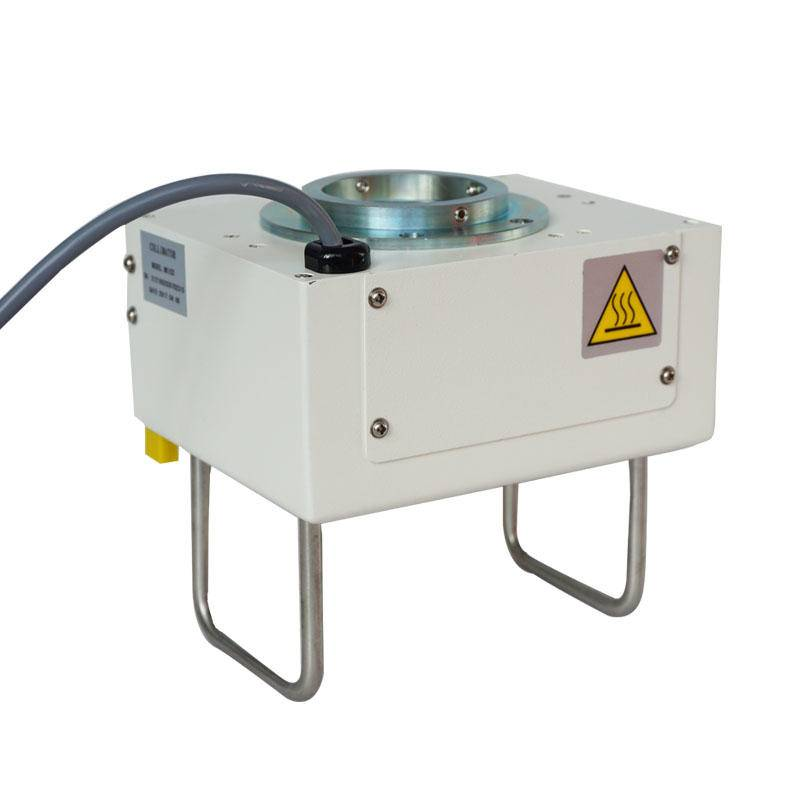Home›Blog ›What happens when the grid is reversed?
What happens when the grid is reversed?
The wire grid is made of lead foils (that is, thin lead bars with a thickness of 0.05-0.1 mm) spaced at a certain distance (0.15-0.35 mm) in parallel or at a certain slope. Paper or wooden strips are padded and fixed, and both sides are supplemented with aluminum or synthetic resin protective layers.
Scattered rays are extremely harmful in X-ray photography. Due to their biological effects, biological cells are inhibited, damaged, or even killed after being irradiated by different doses of X-rays. Personnel increases unnecessary exposure doses and radiation damage, and increases the possibility of a decrease in the contrast of X-ray photographs, as well as the possibility of losing useful information. Wire grids are designed for this purpose.
When photographing, the grid is placed between the film and the body, and the scattered rays cannot pass through the gap between the lead strips because they form an angle with the lead strips, so most of them are absorbed by the lead strips, thereby greatly reducing the scattered rays received on the film. , thereby improving the contrast of the image, improving the imaging quality of the X-ray film, and reducing the damage to the human body.
If the grid is reversed, the image will be very unclear, and the black and white contrast of the image will be obvious, so be sure not to put it upside down when using it.

Author:X Ray Collimator
X Ray Collimator
Blog
contact us
TEL:+86 18953679166
E-mail:service@newheek.com
Company:Weifang Newheek Electronic Tech Co., Ltd.
ADD:E Building of Future Star Scientific Innovation Industrial Zone of No.957 Wolong East Street, Yulong Community, Xincheng Sub-District Office, Weifang Hi-tech Zone, Shandong Province, China

